COCONUT COOKING OIL
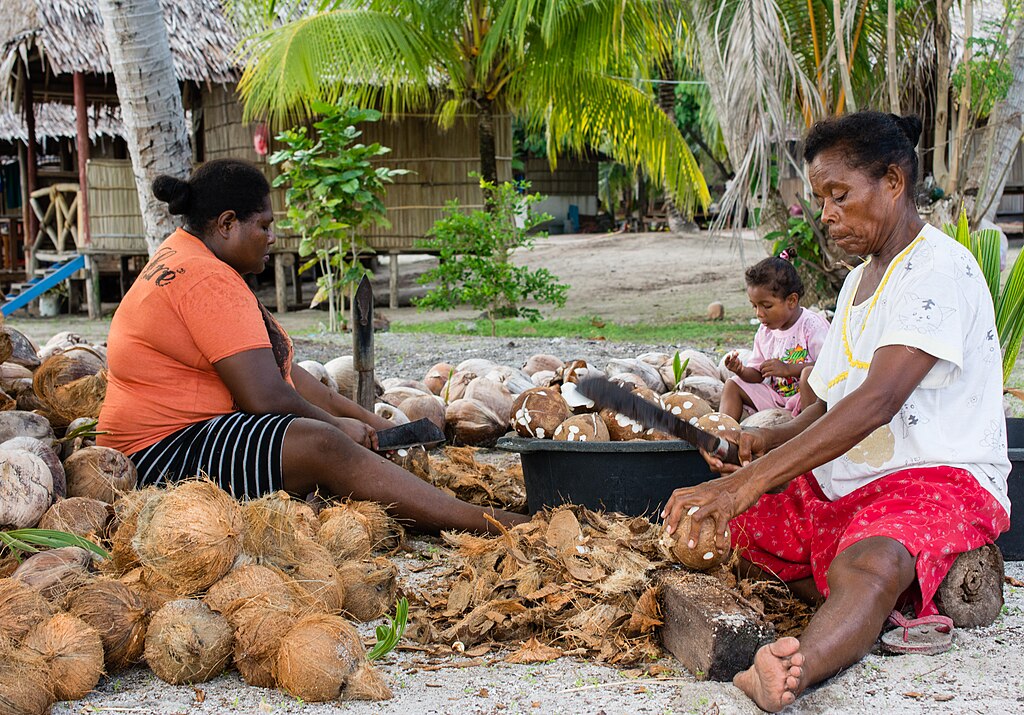
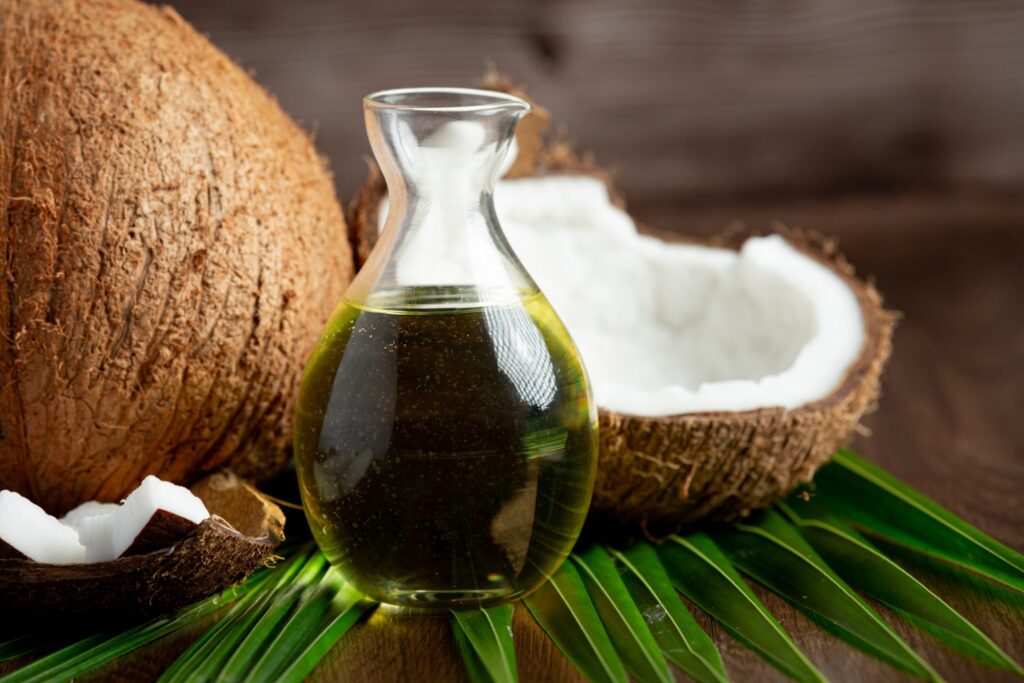
Coconut Cooking Oil is typically produced by pressing the copra (dried coconut meat) to extract the oil, often using hot-pressed methods. The process can involve grinding the copra, applying heat and pressure to extract the oil, and then filtering it to achieve a refined product. Alternatively, coconut milk can be extracted and then heated to separate the oil.
COCONUT CHARCOAL
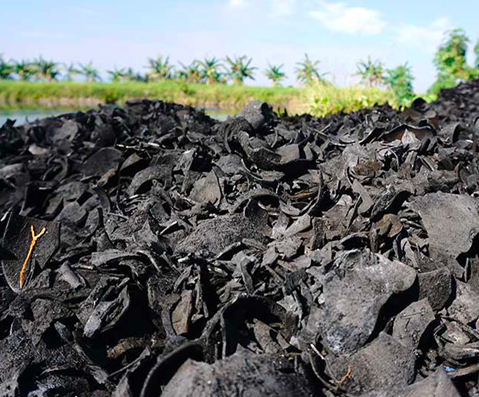
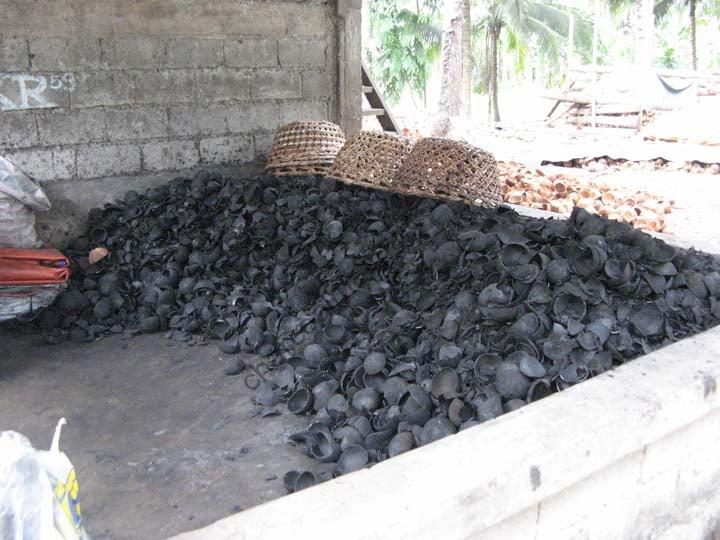
Coconut Charcoal is made through a process called carbonization, where coconut shells are heated in a low-oxygen environment to produce a porous, carbon-rich material. This process involves several steps, including collecting and drying the shells, followed by controlled burning in a kiln or other enclosed structure to remove moisture and impurities. The resulting charcoal can be crushed and processed further into powder or briquettes.
COCONUT FLOUR
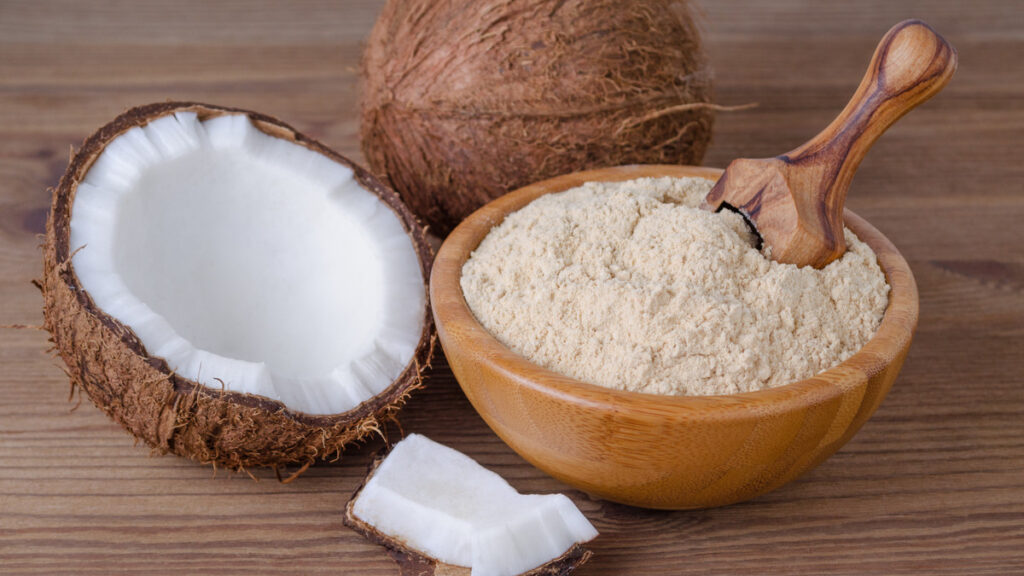
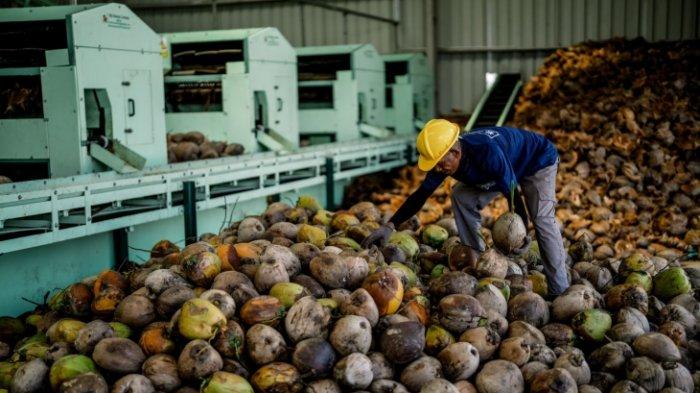
Coconut Flour is made by first extracting the milk from the coconut, then dehydrating the remaining pulp, and finally grinding it into a fine powder. This process can be done at home using readily available tools like blenders, ovens, or food dehydrators.
COCONUT COIR
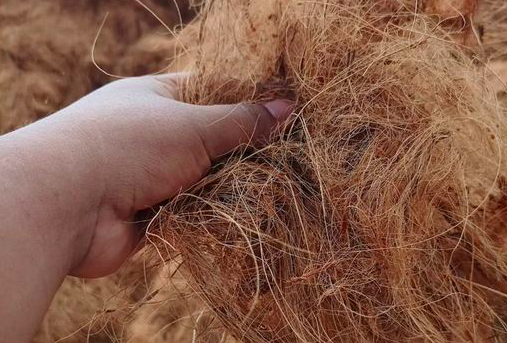

Coconut Coir production involves separating the outer husk of the coconut, soaking it to soften the fibers, and then extracting the fibers through various methods. The process includes harvesting coconuts, separating the husk, retting (soaking in water), and then extracting the fibers either manually or mechanically. The extracted fibers are then washed, dried, and graded to produce different types of coir products.
PURE PALM OIL
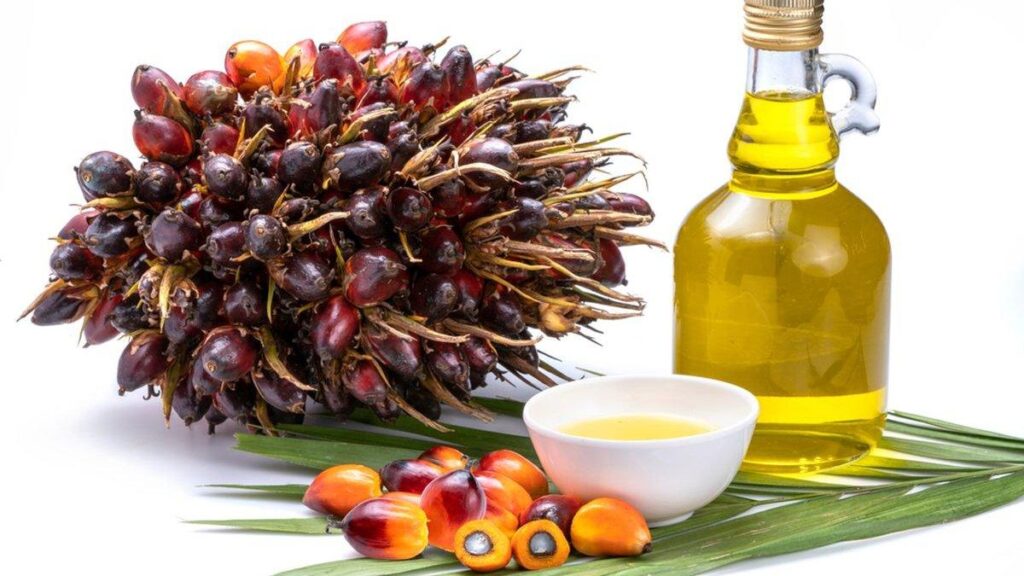
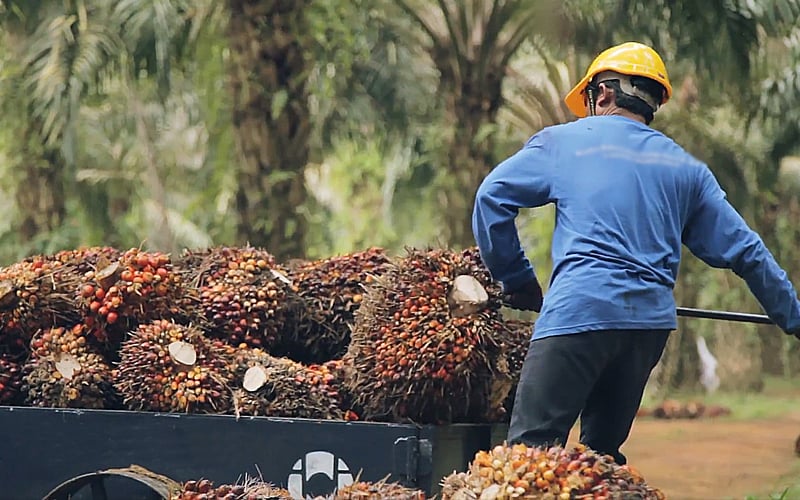
Palm Oil is traditionally, and still industrially, produced by milling the fruits of oil palm. Besides milling, palm oil is produced by cold-pressing the fruit of the oil palm since the 1990s. This type of artisanal palm oil is usually not further refined, so it keeps the natural red color.
GREEN BEAN COFFEE FROM BAJAWA – FLORES

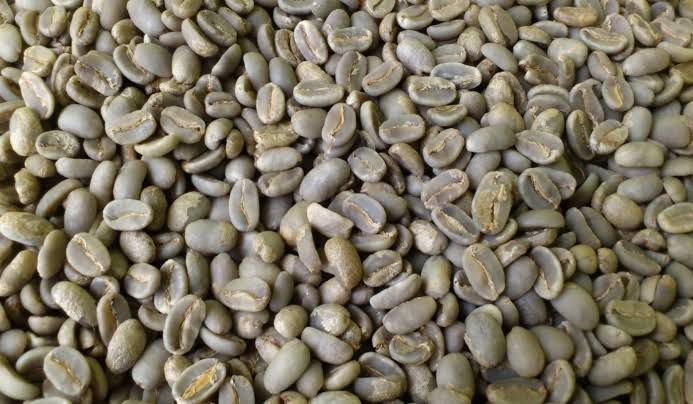
Green Bean Coffee originates from volcanic-rich soil at elevations between 1,200–1,800 meters above sea level. The region’s fertile andosol soil, combined with a cool climate and traditional farming methods, creates ideal conditions for high-quality Arabica beans.
Bajawa green beans are typically wet-hulled (giling basah), a post-harvest process that contributes to their distinctive flavor profile. Once roasted, the beans produce a medium body with a smooth acidity, offering tasting notes of subtle fruit, earthy undertones, and a hint of tobacco in the aftertaste.
Perfect for specialty coffee roasters seeking a unique, traceable origin with a story rooted in culture, nature, and craftsmanship.

